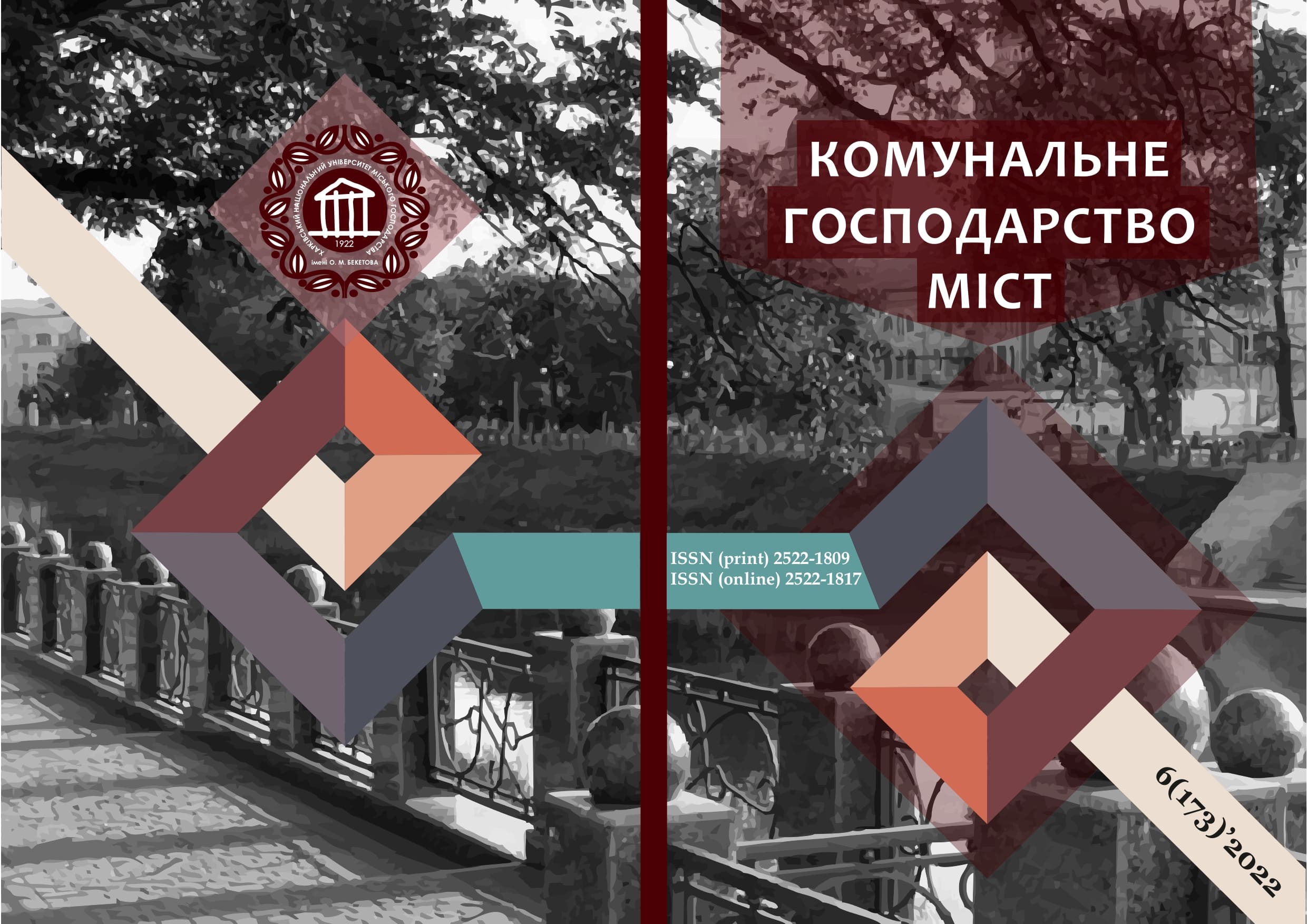THE DECISION-MAKING PROCESS OF PEOPLE WITH DISABILITIES EMPLOYMENT IN THE CONTEXT OF OCCUPATIONAL SAFETY AND SUSTAINABLE DEVELOPMENT
DOI:
https://doi.org/10.33042/2522-1809-2022-6-173-154-159Keywords:
disability, sustainable development, occupational safety, game theoryAbstract
Labor diversity in the human resources is a competitive advantage, but ensuring this requires from organization management to make the managerial decisions, as this may need the additional financial costs. An example of this can be the employment of persons with disabilities and the further decision of issues of ensuring their safety in the process of work. The main focus of the article is to study the decision-making process for employment of persons with disabilities using the basic principles of game theory.
References
World Development Report (WDR) 2019: The Changing Nature of Work, https://www.worldbank.org/en/publication/wdr2019, last accessed 2022/05/07.
Szczepańska-Woszczyna, K. (2016) Sustainable business development through leadership in SMEs. Economics and Management 8 (3), 57–69.
Molamohamadi, Z. (2014) The Relationship between Occupational Safety, Health, and Environment, and Sustainable Development. A Review and Critique. International Journal of Innovation, Management and Technology 5 (3), 198–202.
Ahn, J. (2019) Relationship of Occupational Category With Risk of Physical and Mental Health Problems. Safety and Health at Work 10, 504–511.
Holmqvist M. (2009) Corporate social responsibility as corporate social control: the case of work-site health promotion. Scandinavian Journal of Management 25 (1), 68–72.
Saxena, A. (2014) Workforce Diversity: A Key to Improve Productivity. Procedia Economics and Finance 11, 76–85.
Huang, X. (2020) Migrant Workers' Willingness to Participate in Workplace Health Promotion Programs: The Role of Interpersonal and Political Trust in China. Frontiers in Public Health 8, 1–13.
Li, M. (2017) Protection for migrant workers under evolving occupational health and safety regimes in China. Industrial Relations 72-1, 56–76.
Park, J. (2019) From Workers to the Working-Age Population: A New Paradigm for the Occupational Health Service. Safety and Health at Work 10, 251–253.
Khayatzadeh-Mahani, A. (2020) Prioritizing barriers and solutions to improve employment for persons with developmental disabilities. Disability and Rehabilitation 42 (19), 2696–2706.
Strindlund, L. (2019) Employers’ views on disability, employability, and labor market inclusion: a phenomenographic study, Disability and Rehabilitation 41 (24), 2910–2917.
Wang, Q. (2018) Analysis of Managing Safety in Small Enterprises: Dual-Effects of Employee Prosocial Safety Behavior and Government Inspection. BioMed Research International 1, 1–12.
Nadeau, S. (2003) Co-operation in Health and Safety: A Game Theory Analysis. The University of New Hampshire Law Review 1, 219–227.
Meng, Q. (2020) A Review of Game Theory Application Research in Safety Management. IEEE Access 8, 107301–107313.
Danova, K. (2020) Game theory in the process of decision-making management at the workplaces of employees with disabilities. Journal of Donetsk mining institute 1 (46), 165–171.
Michel, N. (2016) Maximizing The Benefits Of Corporate Social Responsibility. How Companies Can Derive Benefits From Corporate Social Responsibility. European Scientific Journal May special edition, 499–506.
Madueño, J. H. (2016) Relationship between Corporate Social Responsibility and Competitive Performance in Spanish Smes: Empirical Evidence from a Stakeholders’ Perspective. BRQ Business Research Quarterly 19(1), 55–72.
Kožená, M. (2021) The impact of corporate social responsibility on business competitiveness. SHS Web of Conferences 92, 1–9.
Rovenska, V. (2019) Corporate social responsibility as a component of a business development strategy at domestic enterprises. Problems of systemic approach in the economy 5(73), 117–122.
Kushlyk-Divulska, O., Kushlyk, B. (2014) Fundamentals of decision-making theory. KPI, Kyiv.
Downloads
Published
How to Cite
Issue
Section
License
The authors who publish in this collection agree with the following terms:
• The authors reserve the right to authorship of their work and give the magazine the right to first publish this work under the terms of license CC BY-NC-ND 4.0 (with the Designation of Authorship - Non-Commercial - Without Derivatives 4.0 International), which allows others to freely distribute the published work with a mandatory reference to the authors of the original work and the first publication of the work in this magazine.
• Authors have the right to make independent extra-exclusive work agreements in the form in which they were published by this magazine (for example, posting work in an electronic repository of an institution or publishing as part of a monograph), provided that the link to the first publication of the work in this journal is maintained. .
• Journal policy allows and encourages the publication of manuscripts on the Internet (for example, in institutions' repositories or on personal websites), both before the publication of this manuscript and during its editorial work, as it contributes to the emergence of productive scientific discussion and positively affects the efficiency and dynamics of the citation of the published work (see The Effect of Open Access).

